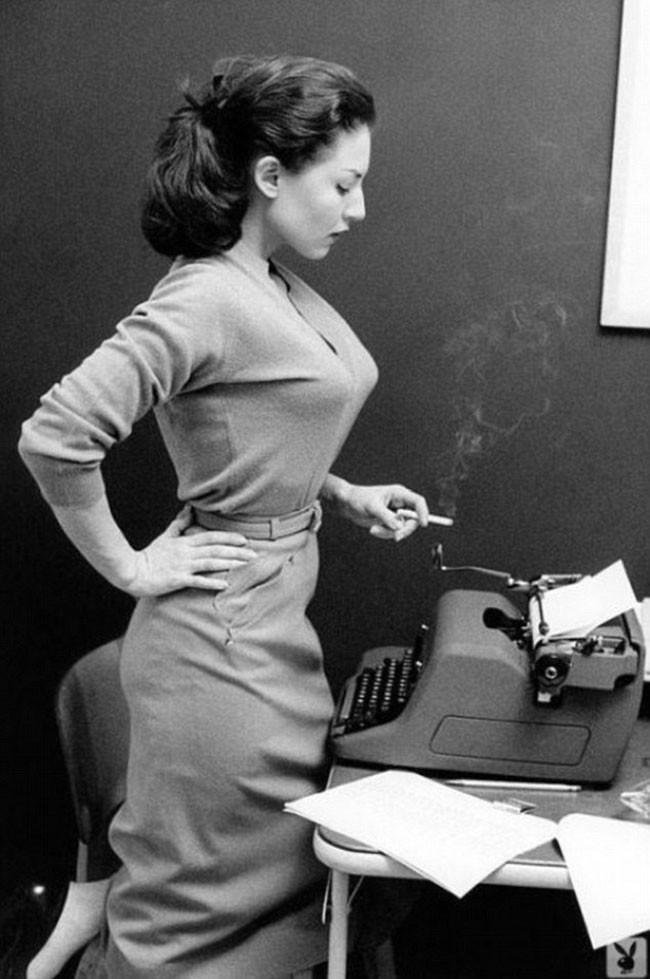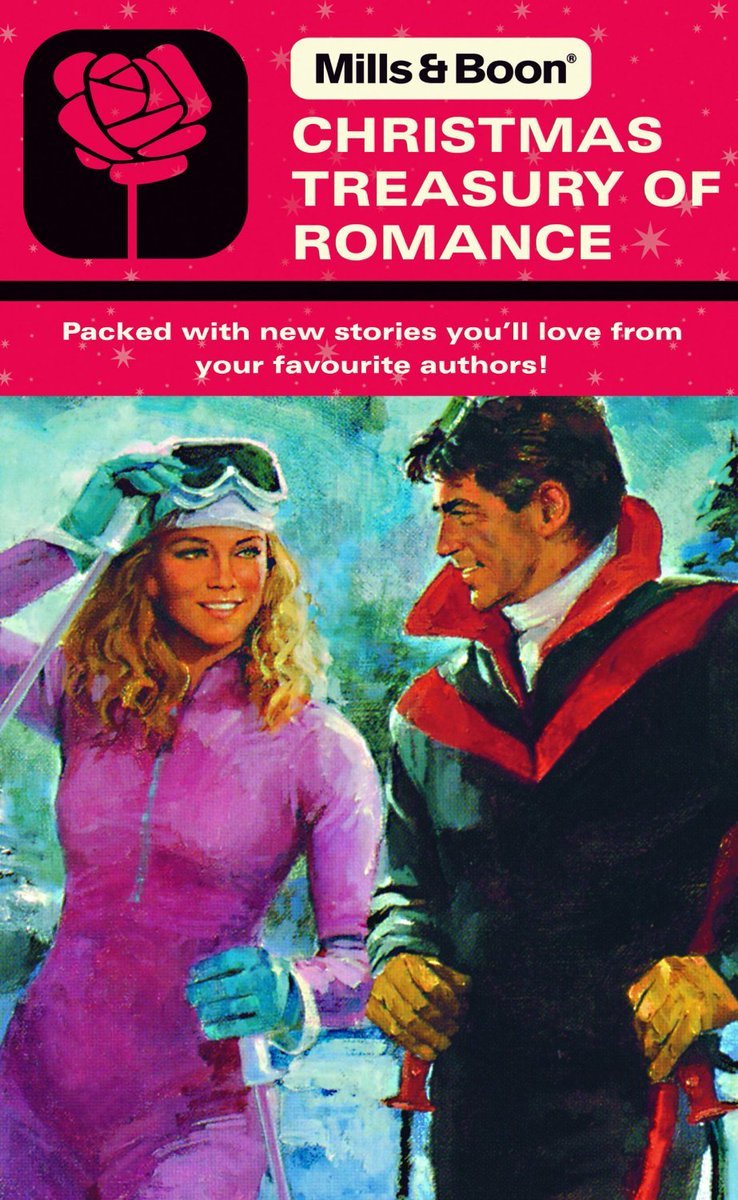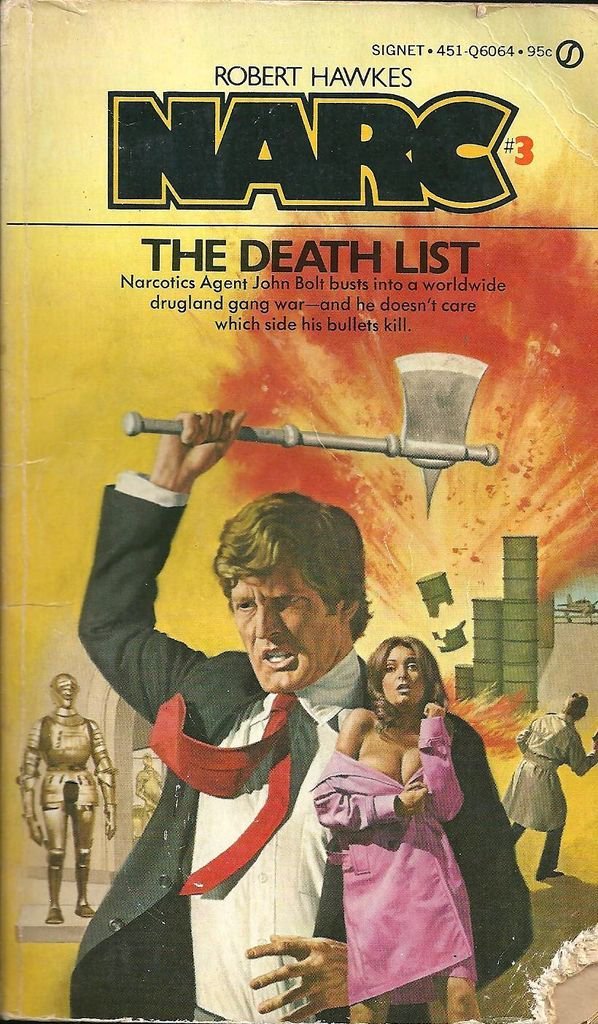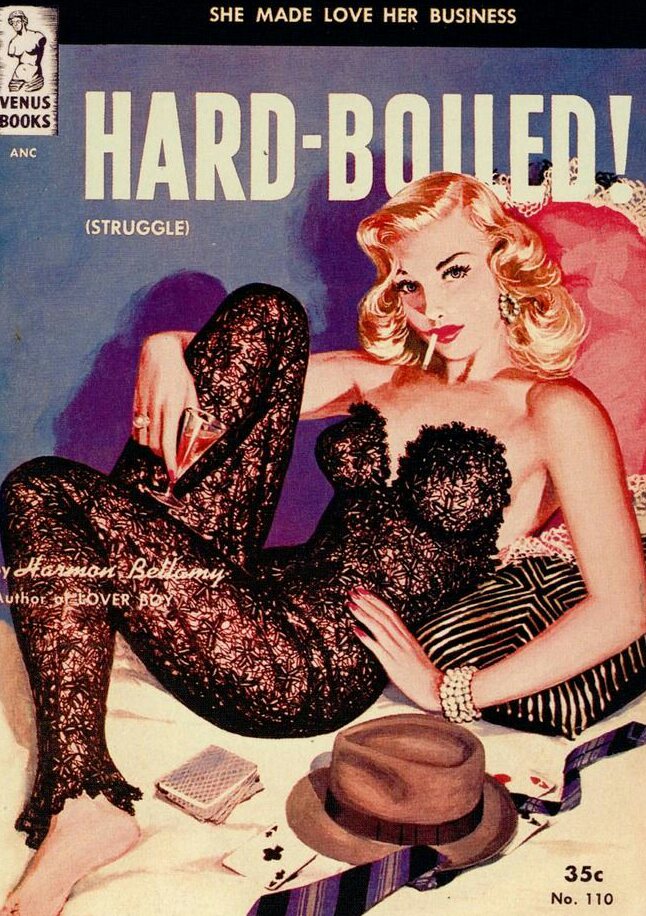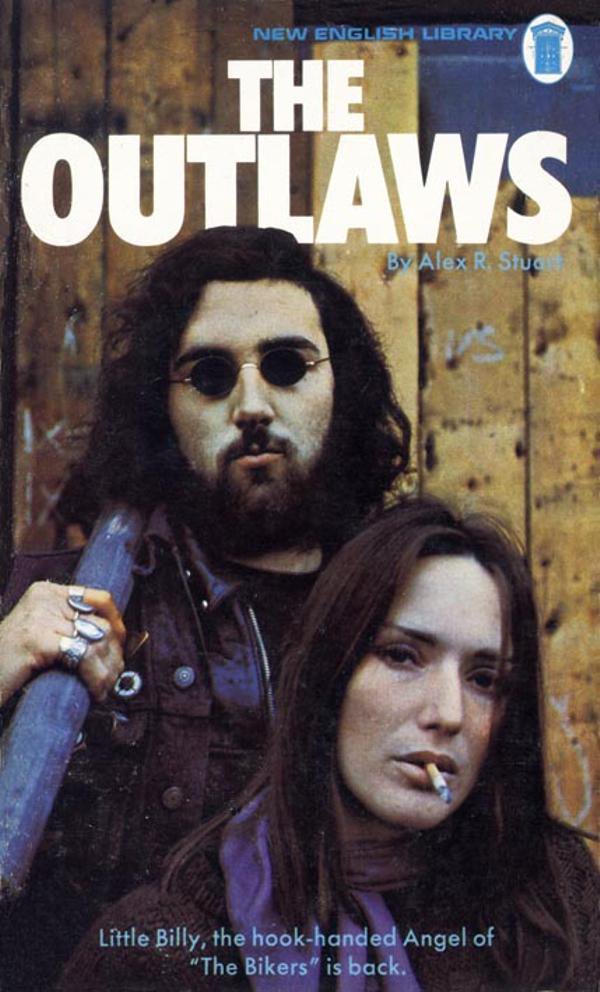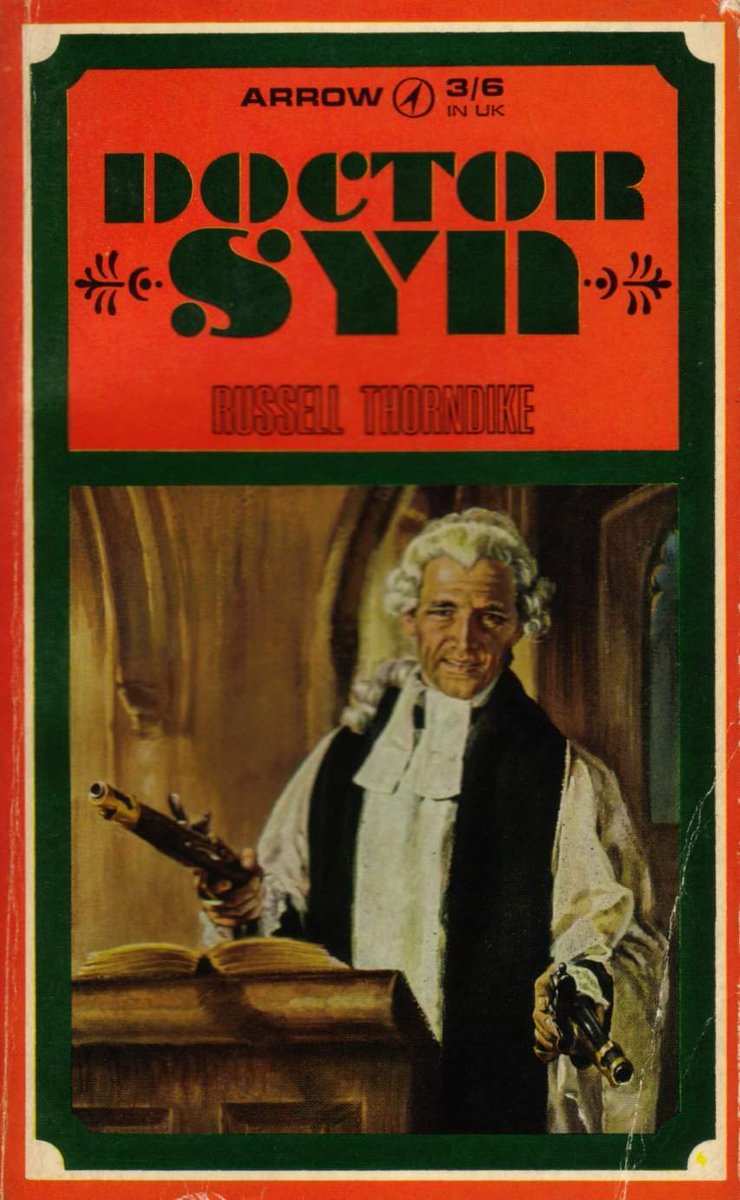Tonight is #BonfireNight, an event that puzzles many readers from outside the UK. What is this festival of anarchy and why do the Brits keep doing it?
Let me try to explain...
Let me try to explain...

Guy Fawkes Night is a traditional re-enactment of naked sectarianism, domestic terrorism, licensed beggary, arson, anarchy and disrespect. It's all very quaint and happens each year on the 5th of November - #BonfireNight! 

#BonfireNight 'celebrates' the disruption of an attempt to blow up the Houses of Parliament in 1605; a time in British history when everyone hated everyone else due to religion, nationalism and politics that would culminate 40 years later in a massive civil war. Like you do... 

Effegies of Guy Fawkes are burnt on huge public bonfires to commemorate the event, accompanied with fireworks, disgusting jacket potatoes and moaning about how early they advertise Christmas nowadays. 

But the real meaning of Guy Fawkes Night is explosives! We're really commemorating the time when citizens had ready access to military grade ordinance - like we did in the war. It's a special moment when a father first presents gunpowder and matches to his kids... 

Another reason we celebrate Guy Fawkes Night is because it's NOT American; unlike Halloween with it's trick or treating - exposing children to 'stranger danger' and type-2 diabetes - we prefer British children to play with explosives in front of a massive conflagration. 

#BonfireNight cuts across Britain's strict class hierarchy; public schoolboys delight their teachers by setting fire to their school, whilst street urchins merrily steal anything not nailed down for a wasteground bonfire - the cheeky scamps! 



(True story: in 1978 some of my primary school classmates were caught by the police sawing down a telegraph pole to burn on Guy Fawkes Night. Did they get let off? Of course they did - it was for the 'bommy!') 

British parents force their children to stare at the local bonfire on Guy Fawkes Night in the same way Time Lords force their children to stare into the burning vortex of time itself. The results are much the same: no permanent psychic damage ever occurs.
Alas the British fireworks industry, like the British Space Programme, is in decline. Foreign brands now flood the market and whilst they 'say' they will go off like a bomb they rarely deliver. Apparently they blame the weather over here. 



And ever since we joined the EEC we've been obliged to follow the Fireworks Code: keep them in a biscuit tin and set them off all at once with a lit Benson & Hedges or something. It's hard to read this thing at night you know! 

Many people want to ban #GuyFawkesNight on the grounds that they don't like it. Soon bonfires may go the way of asbestos blankets, lead paint, mercury tooth fillings and fireworks boxing matches - outlawed by health and safety concerns. 

So enjoy it while you can Britain; it will likely soon become a distant memory. Many things do: "It is Guy Fawkes who is remembered today, and King James who is forgotten."
More stories another time...
More stories another time...

• • •
Missing some Tweet in this thread? You can try to
force a refresh


